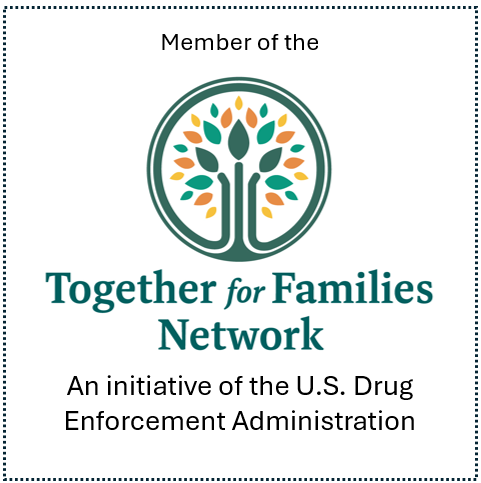Driving Safety and Your Parent’s Ability
My elderly father is still driving, though I have concerns about safety and am looking for guidance. What should I do?
By Kris Scarfone and Kristen Whitney, K & K Eldercare
A: Ideally, the first conversations about driving safety should come before driving becomes a problem. Having an open dialogue early on can help eliminate the strain of asking someone to change his or her driving behaviors. However, for most of us, this is not the case. This topic is an emotional one for both parents and their children.
Be prepared to have multiple conversations regarding driving safety and your parent’s ability to remain on the road safely. The following are warning signs that it is time to take action and your parent’s driving may be unsafe:
- Dents or scrapes on car, fence, garage or mailbox
- Eyesight problems (not seeing traffic lights or street signs)
- Hearing problems (not hearing emergency sirens or honking)
- Problems with memory
- Problems with reflexes or range of motion
- Troubles with fundamentals of driving (drifting between lanes, sudden lane changes, failing to use turn signals, or braking or accelerating suddenly without reason)
If you feel your parent meets some of these criteria, it is a good idea to have a conversation with their primary care doctor. Another good starting point would be to ask your parent to take a self-quiz, something on paper that lets older adults rate their driving abilities with little or no pressure. (Go to seniordriving.aaa.com and click on Evaluate Your Driving Ability or elderlydrivingassessments.com/safer.php)
In Grosse Pointe, we have a wonderful resource to evaluate older adults driving skills. The Wilson Center: Senior Resources for Independent Living through St John Providence offers an independent driving simulator. The simulator allows participants to face a variety of driving situations without facing real danger and provides analysis of performance and response times.
Another option is filling out a form through the Secretary of State. Michigan law authorizes the Department of State to reexamine a driver when there is reason to believe the driver is unable to operate a motor vehicle safely. It is a called a Request for Driver Evaluation.
It is important to remember it is not being older that is the issue. Often, poor health and physical or memory limitations affects the older adult’s ability to drive. Even certain medications can affect driving ability. Sometimes, limitations on driving are all that are needed to remain safely on the road. However, safety for the driver and others on the road is the primary goal. If the end result is transitioning from driver to passenger, make sure new transportation plans are in order. With sensitivity towards the feelings of older drivers, families can help their loved one make safe decisions about driving and ensure peace of mind for the entire family.
Kris Scarfone and Kristin Whitney own K&K Eldercare Concierge in Grosse Pointe. As Professional Geriatric Care Managers, Aging Life Care Association, they offer expertise and support in navigating health care choices and other needs for older adults. They can be reached at kandkeldercare@gmail.com. K&K Eldercare is a member of The Family Center’s Association of Professionals.






